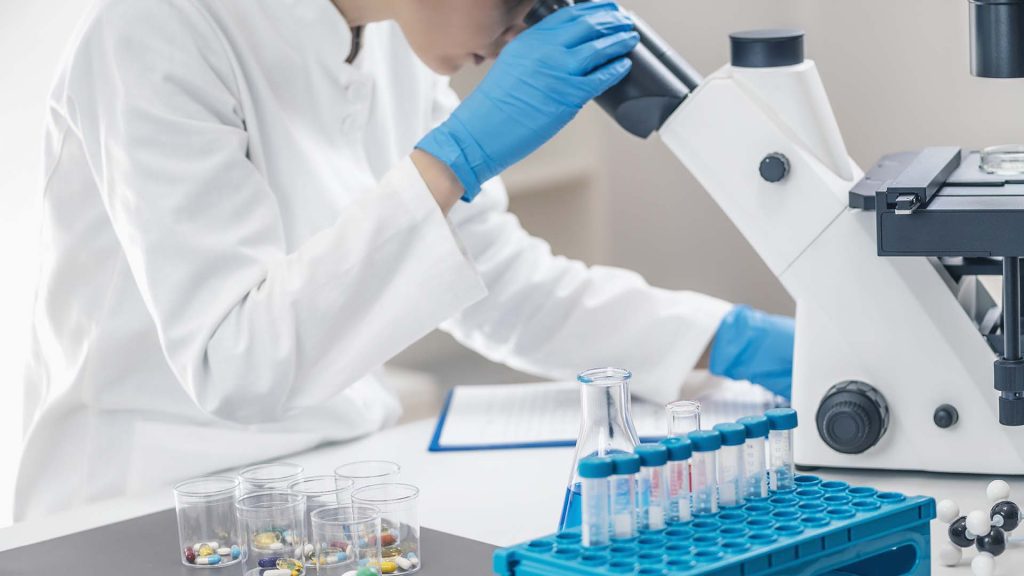Many companies ask prospective employees to complete a drug test as part of the hiring process. Some employers may also screen their staff for drug use at random times to check their systems for the presence of illicit drugs or other illegal substances like marijuana (THC), opioids, cocaine, amphetamines, methadone, steroids, barbiturates, benzodiazepines, phencyclidine (PCP), Molly, and more.
However, drug tests can produce false positive results, which means that people who haven’t taken drugs may get positive results after the screening. This could lead to someone losing their job, so everyone who’s expecting to complete a drug screening should take proper precautions to avoid this issue.
What Does It Mean to Get A False Positive?

When someone gets a false positive drug test, the test detects the presence of a substance that isn’t really in someone’s body. As testing methods have improved over the years, there have been fewer false positive drug tests. While these outcomes aren’t common, they’re still possible.
What Causes False Positives?
If someone eats certain foods, takes specific medications, or uses other substances before taking a drug test, they have a chance of seeing a false positive result. The substances below may or may not cause a false positive drug test depending on how much of the substance a person consumed, how the test is processed, and what the test is screening for.
Poppy Seeds
Some bagels and other foods with poppy seeds could cause a false positive for opioid screenings. This is because poppy seeds naturally have small amounts of codeine and morphine.
Mouthwash
Certain screenings can detect even the smallest amount of alcohol. Many products including mouth wash, vanilla extract, and liquid medications contain ethanol, which is a simple grain alcohol. The presence of ethanol may be detected in a urine test for alcohol use.
Secondhand Marijuana Smoke
If someone is exposed to a large amount of marijuana before completing a urine drug test, THC may be detected. However, modern tests are very unlikely to yield positive results from secondhand smoke.
Cannabidiol (CBD)
While cannabidiol (CBD) does not make people high, large amounts of consumption could lead to a positive result on a urine test for THC.
Cough Suppressants, Decongestants, and Sleep Aides
Over-the-counter cough suppressants like Robitussin include an active ingredient called Dextromethorphan, which could cause false positives in tests for opioids and PCP. Pseudoephedrine, or Sudafed, could cause false positives for amphetamine or methamphetamine. Over-the-counter sleep aid drugs like Unisom may also lead to false positive results for PCP and methadone.
Weight Loss Pills
Some weight loss medications like phentermine have caused false positives in amphetamine urine tests.
ADHD Medications
ADHD medications, like Ritalin (methylphenidate), are known to cause false positives tests for LSD, amphetamine, and methamphetamine.
Antidepressants
Several different antidepressant medications have the potential to cause false positives. Other antidepressants not included in this list could also lead to false positive drug tests.
- Quetiapine, known as Seroquel, could yield false positives for methadone or opioids
- Sertraline, known as Zoloft, could lead to false positives for benzodiazepine or LSD
- Trazodone could lead to false positives for amphetamine, LSD, or methamphetamine
- Tricyclic antidepressants (TCA), like Amitril, Norpramin, Zonalon, Prudoxin, or Tofranil, may lead to false positive urine tests for LSD
- Venlafaxine, known as Effexor XR, could lead to a false positive on a PCP urine test
Antibiotics
Levofloxacin and Ofloxacin are known as Quinolone antibiotics. They may cause false positives for opioids, amphetamine, or methamphetamine tests. The antibiotic used to treat tuberculosis (Rifampin) could also cause false positives for opioid urine screenings.
Pain or Anti-Inflammatory Medication
Tramadol or Ultram could register a false positive in opiate or PCP screenings. Ibuprofen (Motrin or Advil) could lead to false positives for barbiturates, PCP, or THC. Aleve, or Naproxen, may also lead to a false positive for barbiturates of THC.
Antihistamines
Benadryl, Tylenol PM, Advil PM, and other medications contain diphenhydramine, which could lead to false positive results in screenings for methadone, PCP, or opioids.
HIV Medication
False positives for marijuana screenings could occur because of taking Sustiva (Efavirenz), an antiretroviral medication used to treat HIV infections.
Antipsychotic Drugs
Chlorpromazine may cause false positive drug tests for amphetamine. Quetiapine could lead to a false positive for methadone on a urine test.
Other Prescription Medications
Medications used to treat hypertension, like Cardizem (Diltiazem), could lead to a false positive on a urine LSD test. Metformin, a common prescription for diabetes treatment, has led to some false positive drug tests for amphetamine or methamphetamine.
This may not be a complete list, as there are so many variables to consider when discussing drug tests and the potential for false positives. If you have any questions about false positive substance results from a test, it’s important to speak with a medical professional. Let the medical professional administering the screening know if you are taking any of these medications and if you experience what you believe is a false positive, you should request a second drug screening test.
For more information about drug screenings and false positive results or if you substance abuse treatment, we’re here for you. At Silver Pines, we offer a detox program followed by residential addiction treatment. To learn more, contact our team of substance abuse treatment professionals at 267.209.7313.



